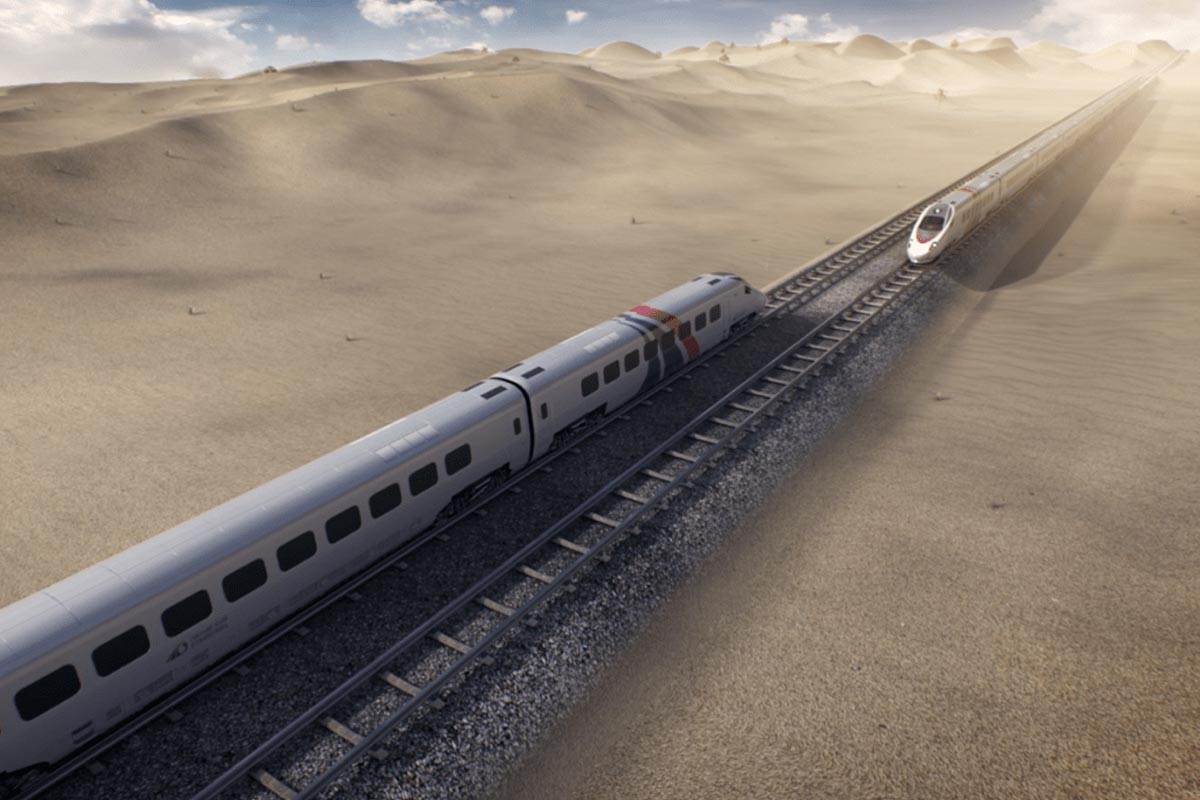With the COP27 (Conference of the Parties) climate change summit having drawn to a close, all eyes are on the MENA region as the world commits to combatting climate change. With the UAE gearing up to host COP28 a year from now in November 2023, marking a further global stocktake of climate progress since the Paris Agreement, the nation is focused on delivering its target to achieve net-zero emissions by 2050.
This promise, under the UAE Net Zero by 2050 strategic initiative, will make the Emirates the first Middle East and North Africa (MENA) nation to be carbon-neutral.
As a global challenge that requires global solutions, the fight against climate change continues to intensify. With science showing that climate change is moving faster than we are, the 12-day conference will seek to amplify global efforts and reinforce collective actions as the world aims to achieve the UN Sustainable Development Goals (SDGS) of ensuring that ‘no one is left behind’.
The vision of a carbon-neutral future
Across the world, governments have set ambitious plans and established carbon neutrality targets in line with the Paris Agreement, whilst building new strategies to reduce greenhouse gas emissions, as well as solutions to build resilience to the impacts.
In the Middle East and North Africa (MENA) region, governments are incorporating targets towards net zero within their country visions. In line with the UAE Net Zero by 2050 strategic initiative, the UAE will host COP28 in November 2023 at Expo City, the legacy district of the six-month Expo 2020, which shares similar objectives to the conference – achieving sustainability and delivering international action as essential steps towards facing global challenges.
The role of the transport and logistics industry in enabling positive change
One significant contributor to greenhouse gas output is the transportation and logistics industry, which accounts for almost a quarter (24 percent) of global CO2 emissions. Yet whilst companies within this sector have a significant role to play in driving economic growth, it is a challenging sector to decarbonise, particularly for developed countries, many of which are firmly locked into high-carbon infrastructures and lifestyles.
As economies and populations grow, so does the demand for goods and the desire to travel. With a high reliance on certain modes of transport that produce higher carbon emissions, such as road trucks and air transport, exploring other methods of transport can help drive positive change.
As an example, companies transporting goods for long distances through road trucks, could switch to trains, with one fully loaded train being equivalent to taking 300 trucks off the road, producing lower CO2 emissions to transport the same tonnage.
The rail network that is leading the charge in the UAE
A transportation and logistics project making a positive impact in the sector is Etihad Rail, one of the largest infrastructure projects in the UAE and in the GCC region – providing a state-of-the-art passenger and cargo railway network that will transform the face of the UAE logistics sector.
Putting sustainability at the forefront, Etihad Rail is building a comprehensive infrastructure and transportation ecosystem that will improve the efficiency of freight movement and provide integrated transportation and logistics solutions across the UAE and wider region, thus reducing the carbon footprint of freight and supporting the UAE’s sustainability targets.

In fact, the rail network can contribute to an overall reduction in CO2 by 21 precent per year in 2050, while reducing pollution, lowering fuel and maintenance costs, and increasing road safety and security.
Aligned with the National Climate Change Plan of the UAE 2017–2050 and the Abu Dhabi Transportation Mobility Management Strategy, Etihad Rail is focused on strengthening and supporting the UAE’s economic, social and environmental development, and supporting the UAE’s commitment to achieving the UNSDGs and contributing towards the UAE’s NetZero 2050 strategic initiative.
The journey to Net Zero
With the climate crisis impacting the world in a myriad of ways, everyone across the world – from nations to business leaders, to individuals – is seeking ways to reduce carbon emissions. Small steps can lead to big changes, but practical solutions need to be implemented now. As one of the most significant contributors to greenhouse gas emissions, the transport and logistics industry has a huge role to play, and projects such as Etihad Rail are leading this change.
As we countdown to COP28 in the UAE next year, public and private sectors must unite to play a vital role in reducing emissions, whilst implementing robust policies which support long-term sustainable development goals and ensure a seamless transition to net zero. Only then will practical solutions be implemented which mitigate the impacts of climate change, but also unlock new opportunities to transform the fortunes of future generations and guaranteeing that no one is left behind.










